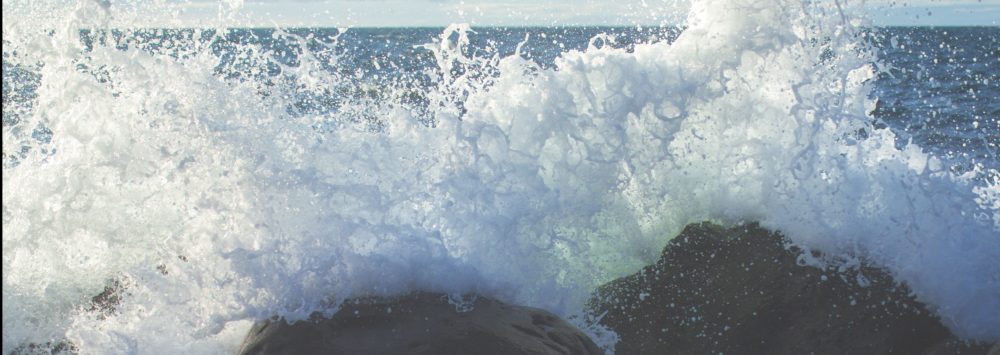By Lauren Thompson Dunton
I was diagnosed with obsessive compulsive disorder (OCD) in the third grade. For me, it began simply enough: I couldn’t step on the grout between the tiles, and as I emerged from the bathtub, I needed to have both feet simultaneously on the floor (which is actually quite dangerous). It snowballed from there. During elementary school, I needed to skip over the patterns on the carpet. Eventually, I needed to retrace my letters and reread everything backwards. I couldn’t cut things out because obviously, you can’t do that backwards.
The reasons for doing these things changed regularly. For a while it was: You have to put on your socks at the same time or else you and your family will go to hell. Then it changed to: Don’t sit in the school chair or else the molecules will rewrite your brain and you’ll turn into a computer. A low point came when I thought my lips had become contaminated; consequently, I refused to lick them so they became dry and chapped. On the occasions I licked them, I’d refuse to swallow until I could find somewhere to rinse my mouth.
I recognize that I have been incredibly lucky. My family have never made me feel different. My parents put in far more work than I was aware of when I was first diagnosed with OCD. I wasn’t told about the countless meetings with my teacher, therapist, and guidance counselor. I was fortunate that my school principal wanted to help and that I was placed in a class with a teacher who saw a kid who liked to read and write; she pushed me because she saw the potential through the mental illness.
These factors have made my life far easier than it could have been. I have a faint idea of how my life would have transpired in some alternate universe where no one looked past the mental illness or knew what it was.
Life with OCD is like living in the ocean. I can float for years, drifting with no struggle. But another wave is always looming on the horizon. When the wave arrives, the water will rush over me and pull me under, salt stinging my eyes and rushing into my nose. I will break through the surface and the waters will calm and I will float again until the next wave arrives. When I explained this to my husband, he found it sad. He wondered if I felt hopeless. I reassured him that it is not hopelessness; rather, it’s just life for me.
My experience with OCD has, in part, made me who I am. I actually like the person I’ve turned out to be. This doesn’t mean that I believe I’ve harnessed my OCD for good and it’s become my superpower. I’m not an X-Man telepath who just needs to learn to control her gifts. OCD is still a battle and even damaging at times.
I go in and out of therapy; it is painful. Exposing myself to my fears pulls me even further below the surface, but it strengthens my legs so that I can keep my head above the water when the next wave hits.
As I’ve become older, I feel myself wince at the misuse of OCD in everyday language. I once saw a sweater online with the words “I have Obsessive Christmas Disorder” printed on it. I wrote a polite letter to the store, not expecting much and not getting much in return. There were news stories posted about the sweater backlash on Facebook, and I predictably fell into the trap of reading the comments. The words “fragile” and “overly sensitive” were tossed around – things that I don’t believe myself to be. It doesn’t make me sad; it worries me.
There is not enough awareness to balance out the casual use of the term OCD. When people say things like, “Everyone has a little OCD,” they are furthering the fundamental misunderstanding of the disorder. If people only think that OCD is excessive neatness or hand washing, how will someone know what is going on if they manifest lesser-known symptoms? How can parents with fewer resources than mine know how to help their child?
A little awareness of OCD and empathy could go a long way in helping someone find some strength when they feel they are drowning.
Lauren Thompson Dunton grew up in Florida. She was diagnosed with OCD in the third grade and learned to manage through therapy and medication. She has a degree in Creative Writing from Florida State University.
This story is part of our blog series called “Stories from the OCD Community.” Stories from the community are submitted and edited by Toni Palombi. If you are interested in sharing your story you can view submission details at www.iocdf.org/ocd-stories.


This is lovely to read. I am 42 today and have been diagnosed with OCD about, hmm, 15 years now. My family are also incredible at trying to let me know at all times that they do know it is an illness that I, even often at my best, cannot properly control. It’s scary and mind-altering and all these things but I am so grateful that many of the most important people in my life do try and understand as well as possible. I hope you continue to get to live the best life you can. Brian 😃